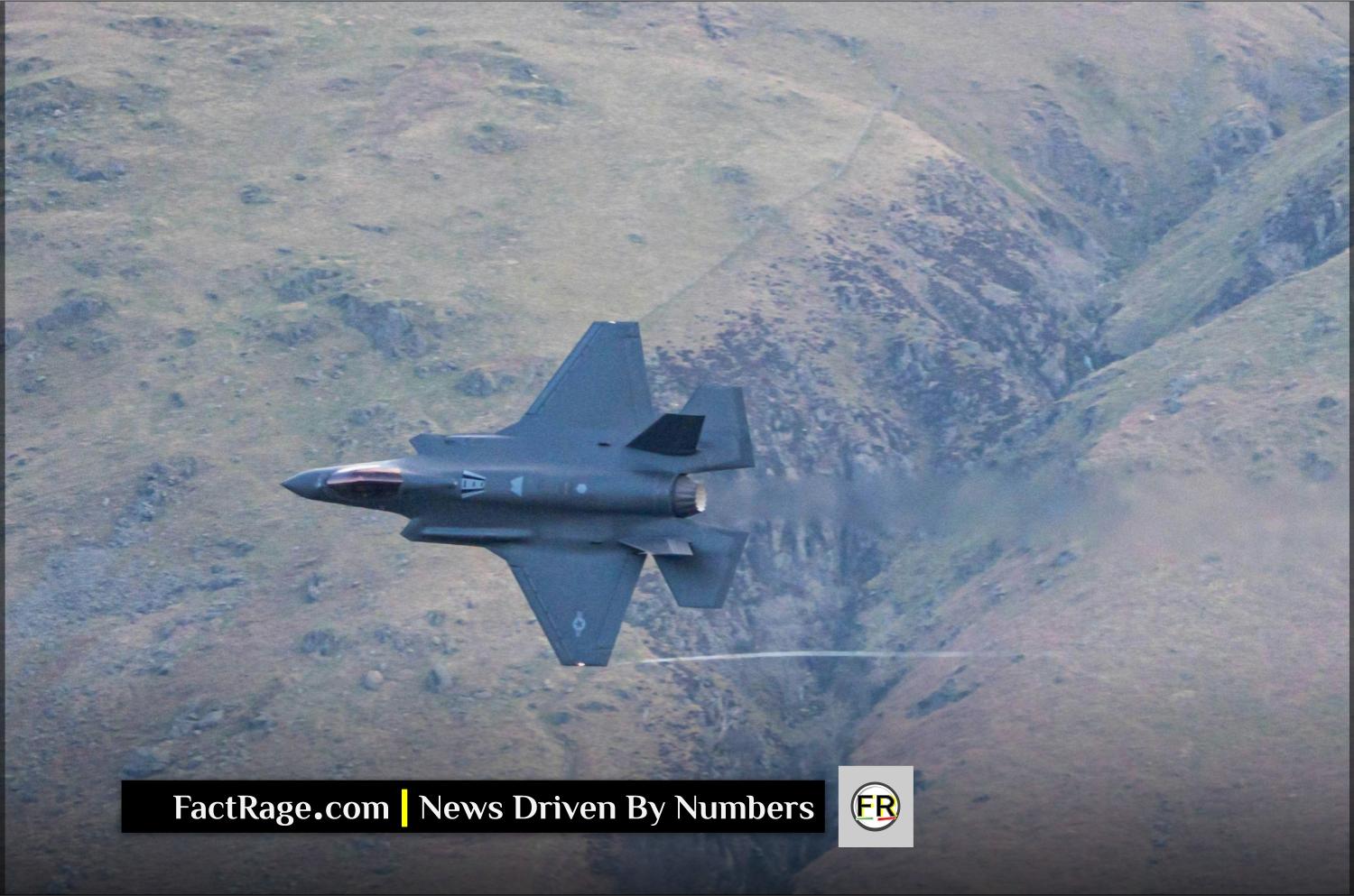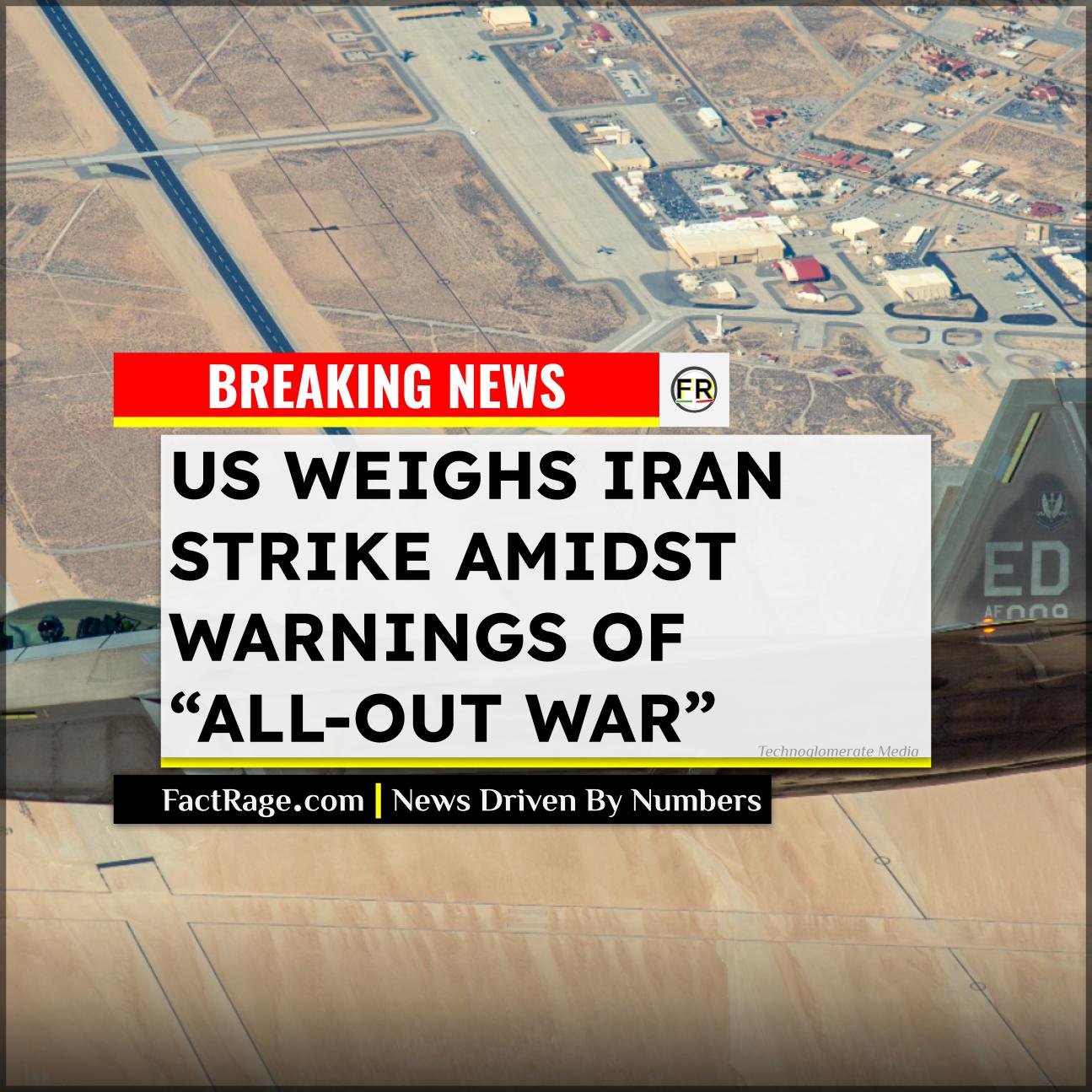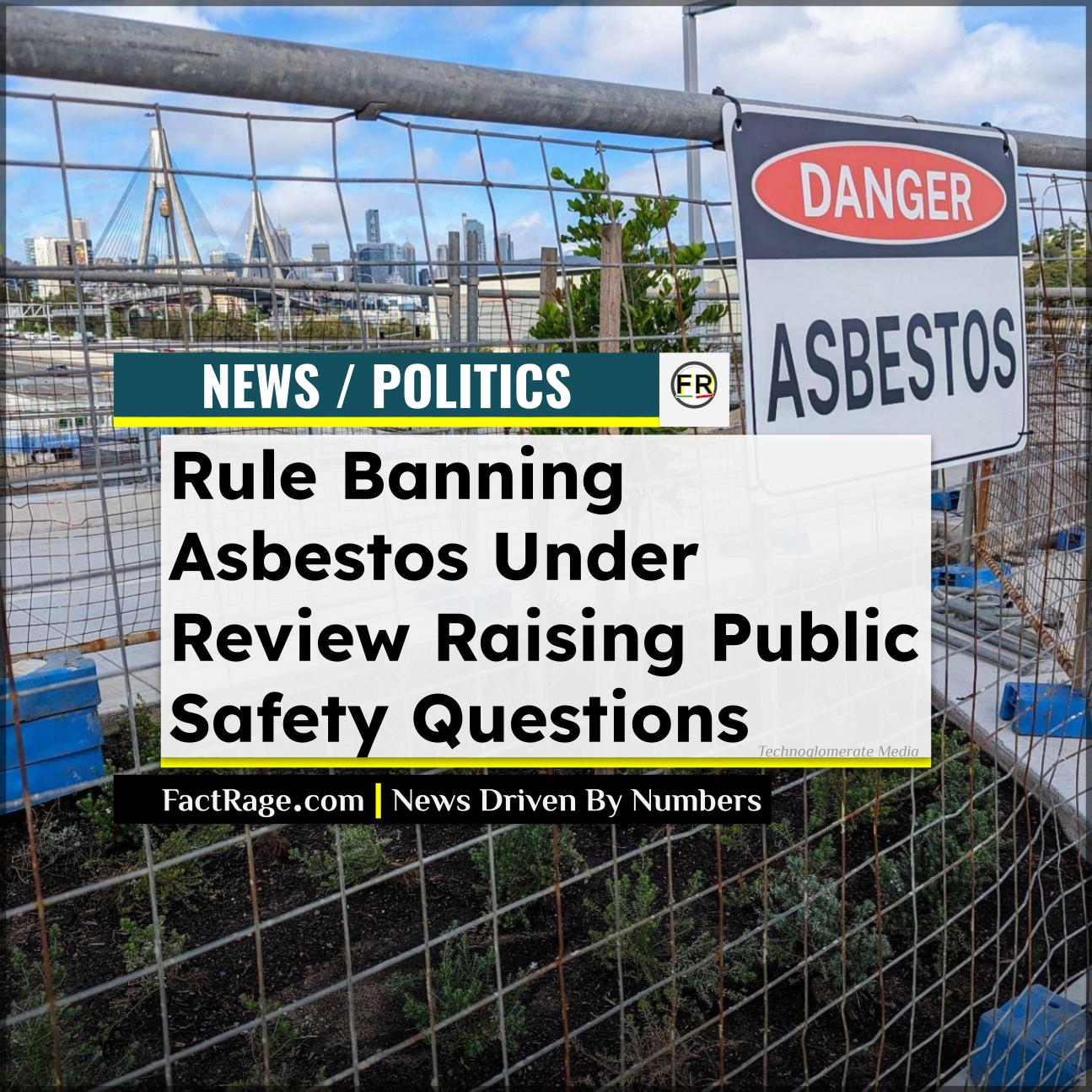WASHINGTON, DC – The United States is actively considering military action against Iran, a move that has been met with stark warnings of “all-out war” from Tehran and significant opposition from the American public, according to recent statements and polling data.
Key Facts
- Military Options Weighed – U.S. officials are reportedly preparing for a potential military strike against Iran in the coming days, with President Trump stating he has ‘ideas as to what to do’ but that a final decision has not been made.
- Escalating Rhetoric – President Trump has publicly demanded ‘UNCONDITIONAL SURRENDER!’ from Iran, while Iranian Supreme Leader Ali Khamenei has warned of ‘irreparable damage’ if the U.S. intervenes in the ongoing conflict between Iran and Israel.
- Public Opposition – Multiple polls show a majority of Americans, including a significant number of Republicans, are opposed to U.S. military involvement. One poll found 60% of Americans against intervention.
The possibility of direct U.S. military engagement with Iran has grown in recent days, shifting from diplomatic back-channels to open discussions of potential strikes. This comes as conflict between Israel and Iran has intensified, raising questions about the potential for a wider regional war.
A “Weekend Strike”? What We Know About U.S. Preparations

Recent reports, citing anonymous senior U.S. officials, suggest that operational plans for a potential strike on Iran are in motion. Federal agencies have reportedly begun preparations for various contingencies. President Donald Trump has publicly acknowledged the deliberations, telling reporters, “I may do it, I may not do it. I mean, nobody knows what I’m going to do.” He added that the “next week is going to be very big — maybe less than a week.”
The focus of a potential strike is believed to be Iran’s nuclear facilities, particularly the Fordow Fuel Enrichment Plant. This follows a period of heightened conflict where Israel has conducted its own strikes on Iranian targets. While the US has provided logistical support to Israel, it has so far refrained from direct military action. How close is the administration to making a final decision? That remains the central question in Washington and foreign capitals.
A War of Words: “Unconditional Surrender” vs. “All-Out War”
The military considerations are accompanied by a sharp escalation in rhetoric. President Trump took to social media to issue a stark demand: “UNCONDITIONAL SURRENDER!” He has also made direct, though unspecific, threats toward Iran’s Supreme Leader Ayatollah Ali Khamenei.
In response, Iranian officials have issued their own severe warnings. An Iranian foreign ministry spokesman stated that any American intervention “would be a recipe for an all-out war in the region.” Supreme Leader Khamenei warned that U.S. military involvement “will undoubtedly result in irreparable damage” for the United States, asserting that the “Iranian nation isn’t frightened by such threats.” This exchange leaves little room for de-escalation, but is it brinkmanship or a prelude to conflict?
What Do Americans Think? The View From the Polls
Despite the administration’s considerations, there appears to be little appetite among the American public for another war in the Middle East. A recent YouGov/Economist poll found that 60% of Americans oppose U.S. military involvement in the conflict between Israel and Iran, with only 16% in favor.
This opposition transcends party lines, with 53% of Republicans and 65% of Democrats against intervention. Another poll by the Washington Post showed similar sentiment, with 45% of respondents opposing U.S. airstrikes against Iran, compared to just 25% who would support such a move. The data suggests that any decision to engage in military action would be deeply unpopular at home, a factor that may be weighing on the President’s final decision.














